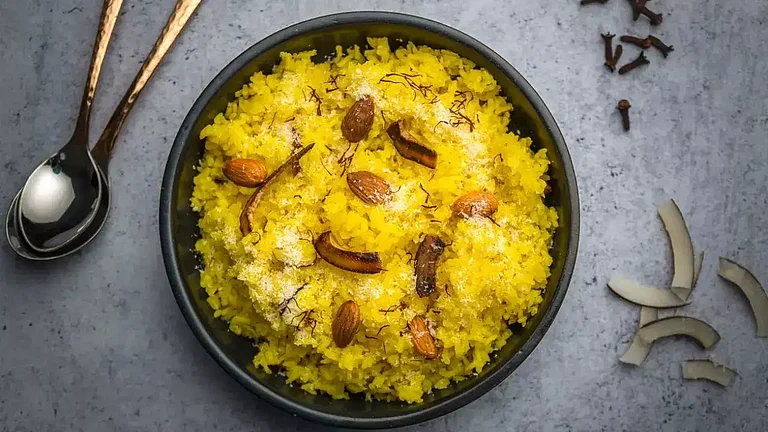Nepal has joined Hong Kong and Singapore in banning the consumption and sale of spices produced by Everest and MDH amid concerns over traces of harmful chemicals in the products.
Nepal's Department of Food Technology and Quality Control has started testing the spices from the two Indian brands for ethylene oxide, a cancer-causing pesticide.
"Everest and MDH brand spices have been banned from import... we also have banned the sale of them on the market. This comes after the news about traces of harmful chemicals in the spices," Mohan Krishna Maharjan, spokesperson of Nepal's food technology department, told ANI.
"Tests are underway for the chemicals in the spices of these two particular brands. The ban will remain in place until the final report comes up," Maharjan further said.
MDH and Everest have been the renowned brands in India for decades, exporting their range of spices to several countries, including the Middle East. Major spices exported include chilli powder, cumin, turmeric, cardamom and mixed spice. Other notable exports include asafoetida, saffron, anise, nutmeg, clove and cinnamon.
Everest And MDH Controversy Background
The Centre for Food Safety in Hong Kong detected the pesticide in three MDH spice products - Madras Curry Powder, Sambhar Masala Powder, and Curry Powder - and Everest Group's Fish Curry Masala during routine food surveillance. Similarly, Singapore's food regulator found carcinogenic ingredients in both companies' products, leading to a recall of the products. Ethylene oxide is unsafe for human consumption and poses a cancer risk with prolonged exposure.
MDH and Everest spices are also under scrutiny in New Zealand, the United States, and Australia, according to Reuters.
In response to the bans and rejections, the Spice Board of India has taken measures to ensure the safety and quality of Indian spice exports. The Techno-Scientific Committee conducted a thorough analysis, inspected processing facilities, and collected samples for testing in accredited laboratories.
The committee's recommendations have been implemented by the board, and the Food Safety and Standards Authority of India (FSSAI) has ordered quality checks on MDH and Everest products.



























